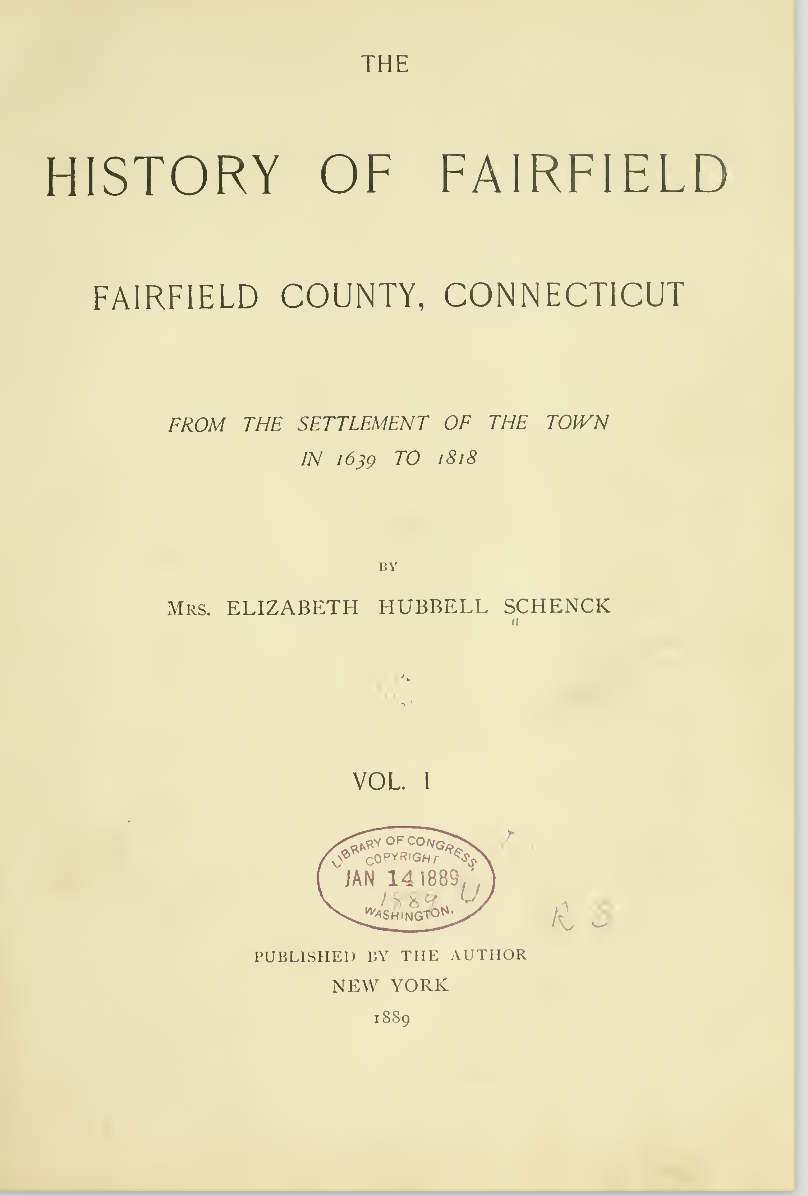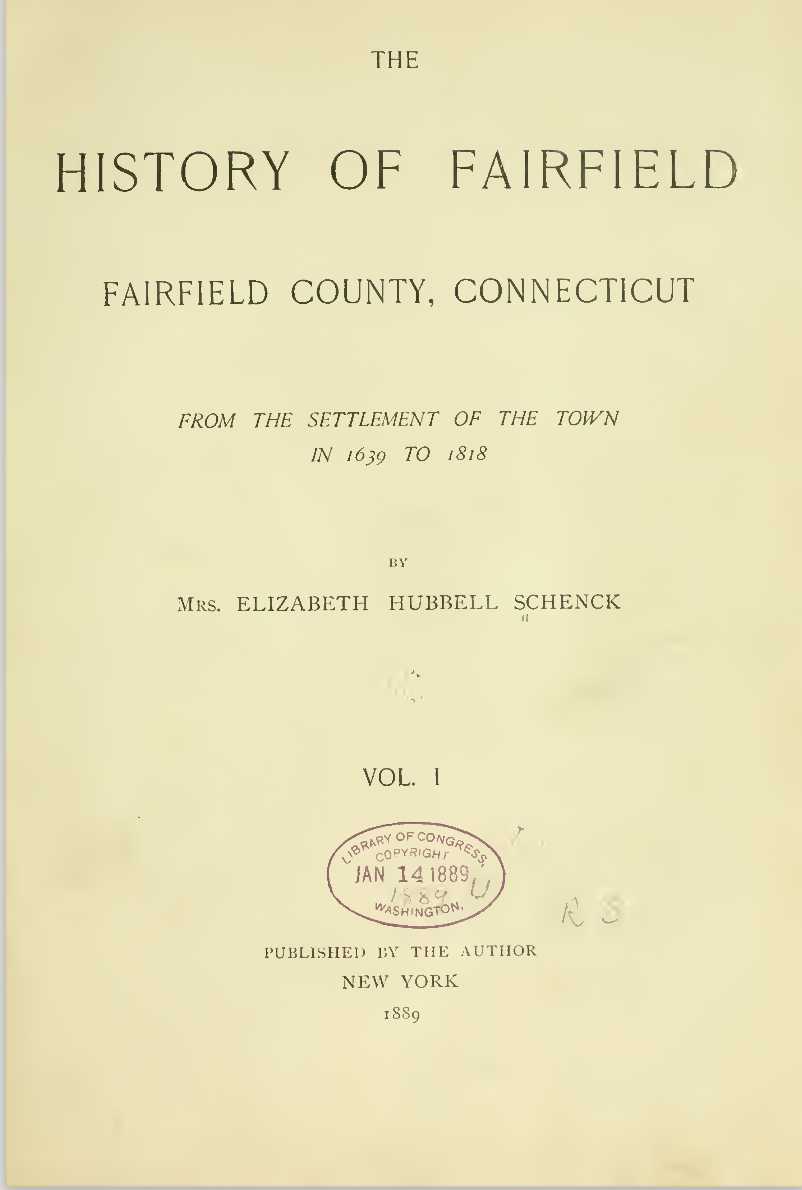CGEsateTrust
tate
Tracing Our Home’s Colonial Title:
Legacy, Law, and Land
References and Resources
References and Resources
Easton Historical Society: https://historicalsocietyofeastonct.org
Farmhouse Sherwood Farm: https://sherwoodfarm.org/our-history
Books Reviewed: History of Fairfield Vol 1 and 2, by Mrs. Elizabeth Hubbell Schenck (available online)
Archives: https://archive.org/details/historyoffairfie02sche/page/n3/mode/2up
Foundational Land Grant Deeds
- Sasqua Land Deed (1660–61): Fairfield Land Records, Vol. A, Pages 672, 673, and 439
- Aspetuck Purchase Deed (1670–1680): Colonial Fairfield Tribal Transfer Records
These deeds lawfully extinguished aboriginal title by voluntary conveyance and granted freehold rights to Fairfield proprietors under English colonial law.
Constitutional & Legal Foundations
- The Declaration of Independence, The Articles of Confederation, and the Constitution for the United States of America, circa 1787, as amended with the Bill of Rights in 1791
- U.S. Constitution: First, Fifth, Ninth, and Tenth Amendments
- Civil Rights Act of 1866 – 14 Stat. 27–30
- Preamble to the “I Am An American Day Act” (1940 – Public Resolution 67)
- Federal Reserve Act of 1933 (Banking Relief and Abrogation of Gold Clauses)
Legal Authority Citations Used in Trust Filings
- Kaiser Aetna v. United States, 444 U.S. 164 (1979)
- Federal Maritime Commission v. South Carolina State Ports Authority, 535 U.S. 743 (2002)
- Adams Fruit Co. v. Barrett, 494 U.S. 638 (1990)
These U.S. Supreme Court decisions are cited in Trust affidavits to affirm private property protections and constitutional limits on administrative jurisdiction.
Supplemental Readings
- “Modern Money Mechanics” – Federal Reserve Bank of Chicago (PDF)
- “Money Creation in the Modern Economy” – Bank of England (PDF)
- “Revisiting the Credit Theory of Money” – Economics Review (PDF)
These readings help illustrate how public debt, municipal securities, and trust assets intersect in the modern financial system.
Archives of books: https://archive.org/details/historyoffairfie02sche/page/n3/mode/2up

